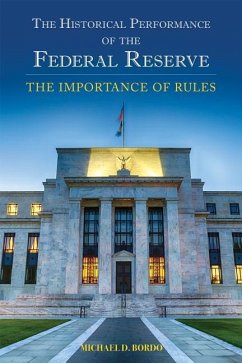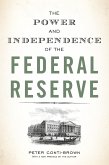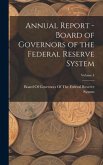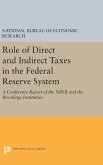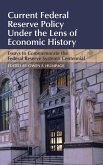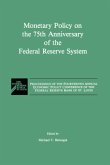"Michael D. Bordo argues for the importance of monetary stability and monetary rules, offering theoretical, empirical, and historical perspectives to support his case. He shows how the pursuit of stable monetary policy guided by central banks following rule-like behavior produces low and stable inflation, stable real performance, and encourages financial stability. In contrast, he explains how the failure to adhere to rules that produce monetary stability will inevitably produce the dire consequences of real, nominal, and financial instability. Bordo examines theoretical perspectives ranging from early nineteenth-century debate through postwar developments in monetary theory on the case for stable money and the importance of monetary rules. The author also looks at the historical and empirical record of economic performance (both inflation and real output) across policy regimes. He examines the performance of the Federal Reserve in its pursuit of discretionary monetary policy"--
Hinweis: Dieser Artikel kann nur an eine deutsche Lieferadresse ausgeliefert werden.
Hinweis: Dieser Artikel kann nur an eine deutsche Lieferadresse ausgeliefert werden.

